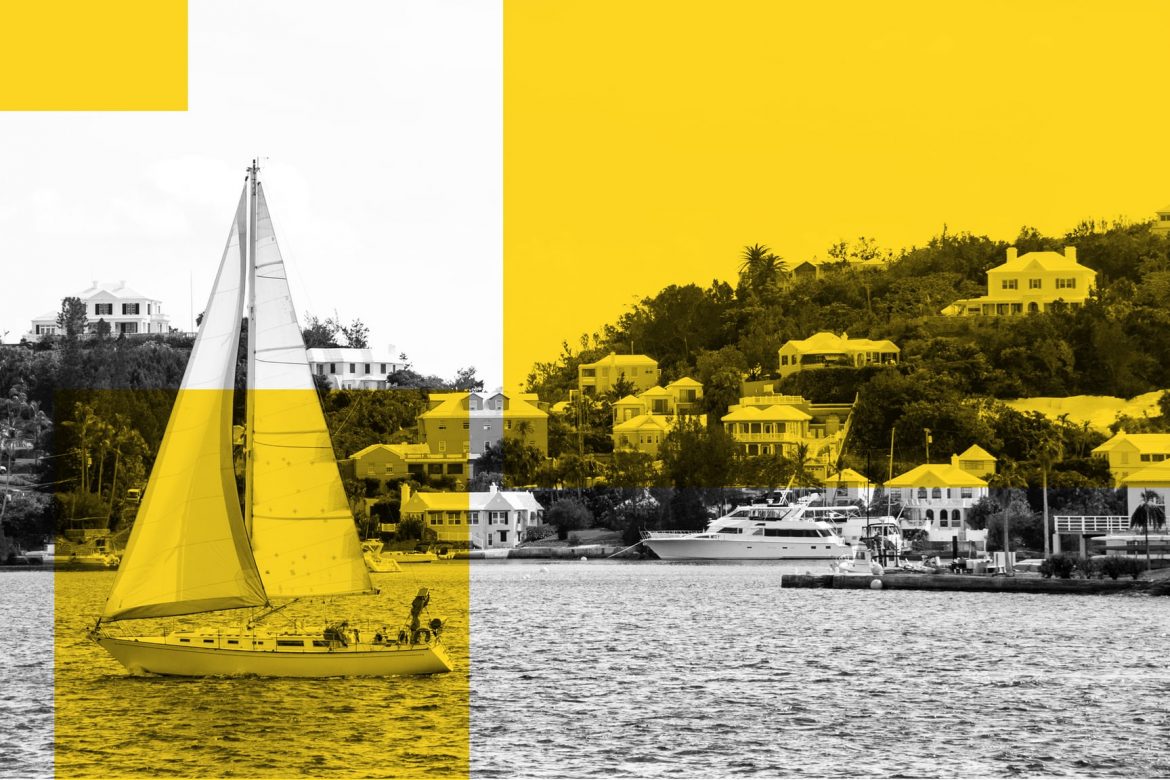This material belongs to: The Guardian.
Calls for EU to create a blacklist of uncooperative tax jurisdictions following revelations, with some politicians pledging to use press reports for investigations.
Politicians and tax authorities from around the world have reacted angrily to the details of the Paradise Papers, with some pledging to use details of any press reports as the basis for investigations.
The UK’s network of offshore tax havens face being blacklisted by the European Union for their role in the behaviour revealed by the Paradise Papers.
“It’s time that we agree and publish a blacklist on tax havens,” Pierre Moscovici, the EU tax commissioner, told Reuters on Monday, while commission vice-president Valdis Dombrovskis said the revelations “put renewed emphasis on the work … to fight tax avoidance”.
Proposals for an EU blacklist of uncooperative tax jurisdictions have been under active discussion for several months, prompted in large part by publication of the Panama Papers last year. Attendees at a meeting with Moscovici staffers two weeks ago were told that it was expected proposals would be published by the end of the year, the Guardian understands.
Canada
The Canadian Revenue Agency said it was “reviewing links to Canadian entities and will take appropriate action in regards to the Paradise Papers” according to the Canadian Broadcasting Corporation. The pledge followed the discovery that Stephen Bronfman, a close friend of prime minister Justin Trudeau, was involved in the movement of millions of dollars offshore.
Trudeau’s office was referring all questions about Bronfman to the headquarters of the Liberal party, the CBC reported. The party office said that Bronfman was a volunteer who played no role in policy decisions.
Australia
The Australian Tax Office said it would use leads from the leak to investigate any non-compliance by Australian individual or corporate taxpayers. “I am confident the ATO is in a position to respond decisively to this data release,” said deputy ATO commissioner Mark Konza.
“The data we are receiving from our international and domestic sources is comprehensive and current. This robust intelligence coupled with our powerful analytics capabilities, assists us to continue to tackle tax avoidance head on,” Konza said.
Germany
Fabio De Masi, a German MP and former vice-president of an EU committee investigating the Panama Papers last year, echoed calls for registers of owners of trusts and companies, and called for lawyers and accountants who facilitated serious tax fraud should have their licences to operate revoked. “The European parliament should push for greater investigative competences such as a right to summon witnesses under oath as in the US-Senate and establish a permanent subcommittee on corporate taxation,” De Masi said.
Indonesia
The head of the Indonesian tax office said it would follow up names released as part of the papers. At least three names, including the two children of former president Suharto, appear in the documents.
India
India announced that a panel of government officials would be assembled to investigate any leads emerging from the leaks, Reuters reported.
Ireland
Leo Varadkar, the Irish taoiseach, said he believed any change in the rules on international corporate taxation should be agreed by the OECD and not the EU. The country has been at the centre of several corporate tax avoidance scandals in recent years, including a dispute with the EU over alleged illegal state aid to Apple.
By contrast, the tax haven of Bermuda found itself on the defensive after its role in the world of offshore secrecy was exposed by the material. “Bermuda is not a place to hide money,” said the island’s premier David Burt, who insisted he would “aggressively” defend the country’s reputation.
Non-governmental organisations reacted with anger to the Paradise Papers. Christian Aid said revelations that Glencore had loaned millions of dollars to an associate of the Congolese president to finance the acquisition of a mine was proof of the harm facilitated by offshore secrecy.
“Thanks to the Paradise Papers, some of Glencore’s biggest secrets, including the use of off-shore structures are now open to scrutiny,” said Toby Quantrill, the group’s head of economic development.
The anti-corruption group Transparency International said the leaks were proof that oversight of the global financial system was broken. “Complex, cross-border structures are being used to facilitate a wide range of secret activity, which could include corruption, fraud and abusive tax schemes,” said Delia Ferreira Rubio, the organisation’s chair.
Global Witness corruption campaign head Murray Worthy said the documents “have laid bare the social damage, undue influence and corruption hardwired into our financial system, and the failure of governments around the world to tackle the role of tax havens and the white-collar professionals who facilitate such deals.”
 info@anticorr.media
info@anticorr.media

